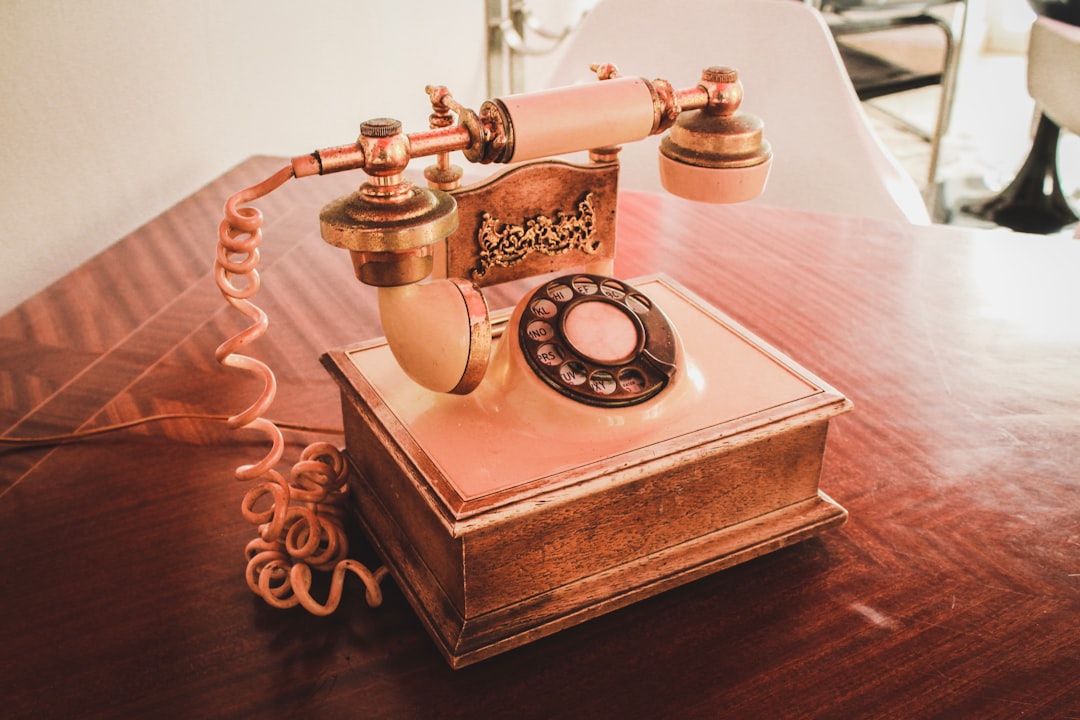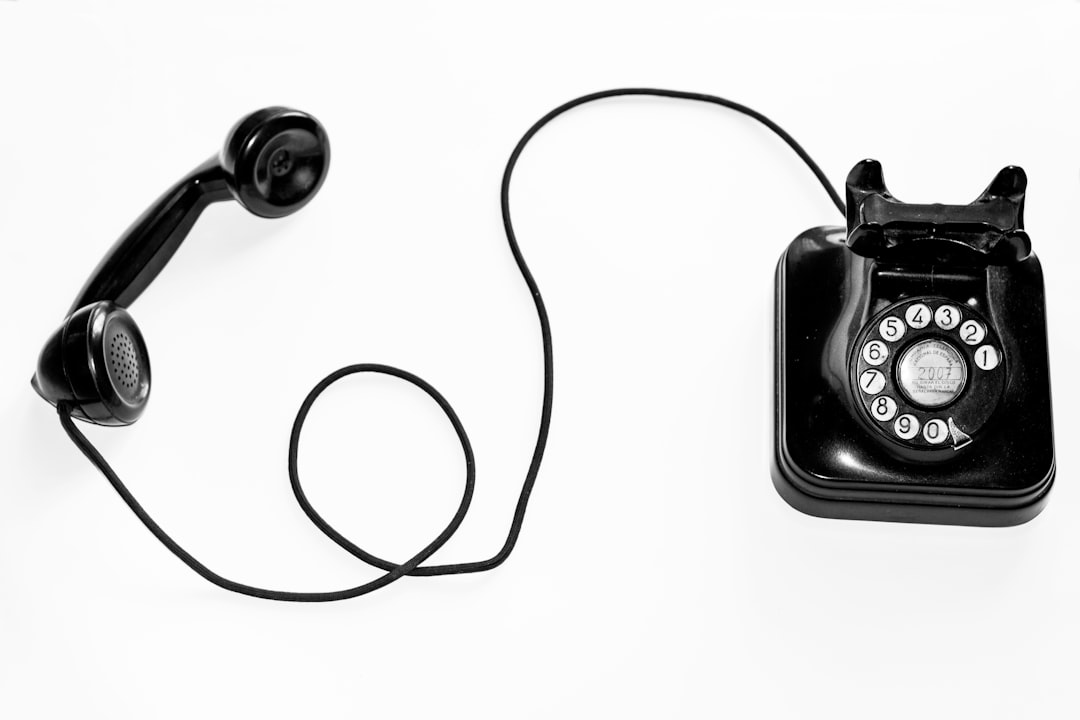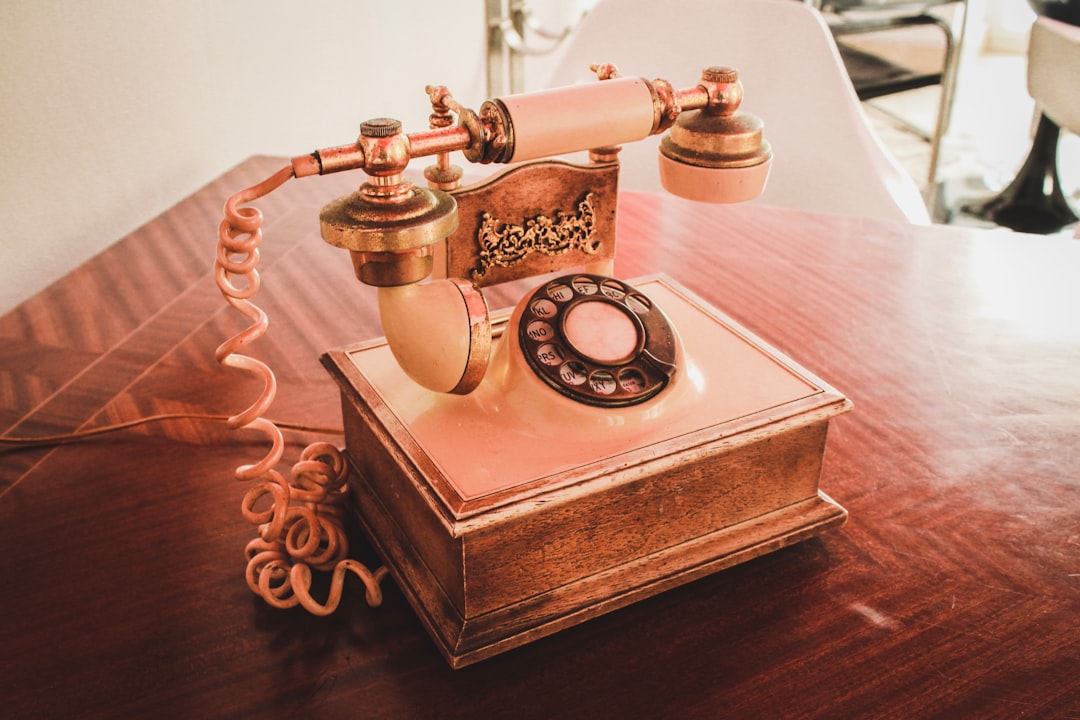In Minnesota, the Telephone Consumer Protection Act (TCPA) safeguards consumers from spam calls. To stop unwanted calls, residents can register with the National Do Not Call Registry, install call-blocking apps, and report suspicious calls to authorities or the Federal Trade Commission (FTC). Consulting a specialized spam call law firm or spam call lawyers in Minnesota offers expert guidance on TCPA compliance and legal action against violators. These professionals help residents protect their privacy and assert their rights under both state and federal laws, effectively navigating the fight against spam calling.
Understanding Spam Call Legislation in Minnesota is crucial in today’s digital age. With the proliferation of automated and prerecorded calls, known as spam calls, consumers face constant interruptions. This article guides you through Minnesota’s stringent spam call laws, your rights under the Telephone Consumer Protection Act (TCPA), and effective strategies to protect yourself. Learn how to file a complaint with relevant authorities and the role specialized law firms play in combating this nuisance. Discover prevention tips, from blocking calls to leveraging phone service providers’ assistance. Equip yourself with knowledge on how to stop spam calls in Minnesota.
Understanding Minnesota's Spam Call Laws: The Basics

In Minnesota, just like in many other states, there are strict laws in place to combat spam calls and protect consumers from unwanted telemarketing practices. These regulations are designed to ensure that individuals have control over their phone lines and can enjoy a peaceful, hassle-free communication experience. The key law governing spam calls in Minnesota is the Telephone Consumer Protection Act (TCPA), which has both federal and state provisions.
If you’re receiving nuisance or fraudulent calls in Minnesota, understanding your rights under the TCPA is essential. A spam call law firm or spam call lawyers in Minnesota can provide guidance on how to stop spam calls effectively. By familiarizing yourself with these laws, you can take proactive steps to protect yourself and potentially hold violators accountable. Learn about the legal options available and empower yourself against unwanted phone marketing tactics.
– Definition of spam calls and their impact

Spam calls, also known as unsolicited or unwanted telephone marketing calls, are a prevalent issue that affects many Minnesotans daily. These calls often promote products, services, or deals, and they can be a nuisance and even a danger, especially when they disrupt emergency communications. The impact of spam calls is significant; they not only waste people’s time but also contribute to rising phone bills. Moreover, some scams disguised as promotional calls can lead to financial loss and identity theft.
To combat this issue, Minnesota has implemented specific laws, such as the TCPA (Telecommunications Consumer Protection Act), which provides guidelines on commercial calls and texts. A Spam Call Law Firm or Spam Call Lawyers in Minnesota can help individuals understand their rights and take action against persistent spam callers. For those seeking to How to Stop Spam Calls Minnesota, there are several steps they can take, including registering with the National Do Not Call Registry, using call-blocking apps, and reporting spam calls to local authorities or the Federal Trade Commission (FTC).
– Overview of relevant Minnesota state laws

In Minnesota, the fight against spam calls is regulated by state laws and federal legislation, particularly the Telephone Consumer Protection Act (TCPA). Understanding these laws is crucial for residents looking to protect themselves from unwanted telemarketing calls. The TCPA, enforced by the Federal Communications Commission (FCC), prohibits automated or prerecorded phone messages unless the caller has obtained prior explicit consent from the recipient. Minnesota state law complements this federal legislation with additional safeguards.
For those seeking to stop spam calls in Minnesota, consulting a spam call law firm or hiring spam call lawyers is a recommended step. These legal experts can guide individuals on how to navigate the complexities of TCPA compliance and take necessary actions against violators. Whether it’s filing a complaint with the FCC or pursuing legal recourse through a lawyer for TCPA-related issues in Minnesota, there are avenues to combat spam calls effectively.
Your Rights Under the Telephone Consumer Protection Act (TCPA)

If you’re experiencing a surge in spam calls in Minnesota, know that you have rights under the Telephone Consumer Protection Act (TCPA). This federal law restricts how businesses and individuals can use automated dialing systems and prerecorded messages to contact consumers. It’s designed to prevent unwanted telemarketing practices, including spam calls, and provides powerful tools for consumers to take action against violators.
Under the TCPA, you have the right to request that your phone number be placed on a “do not call” list. This means businesses must cease calling you for marketing purposes within 30 days of receiving your request. Furthermore, if you’ve received spam calls, you can file a complaint with the Federal Trade Commission (FTC) and seek legal action through a spam call law firm or spam call lawyers in Minnesota. Many of these attorneys specialize in TCPA cases, helping individuals navigate their rights and pursue compensation for violating calls.






